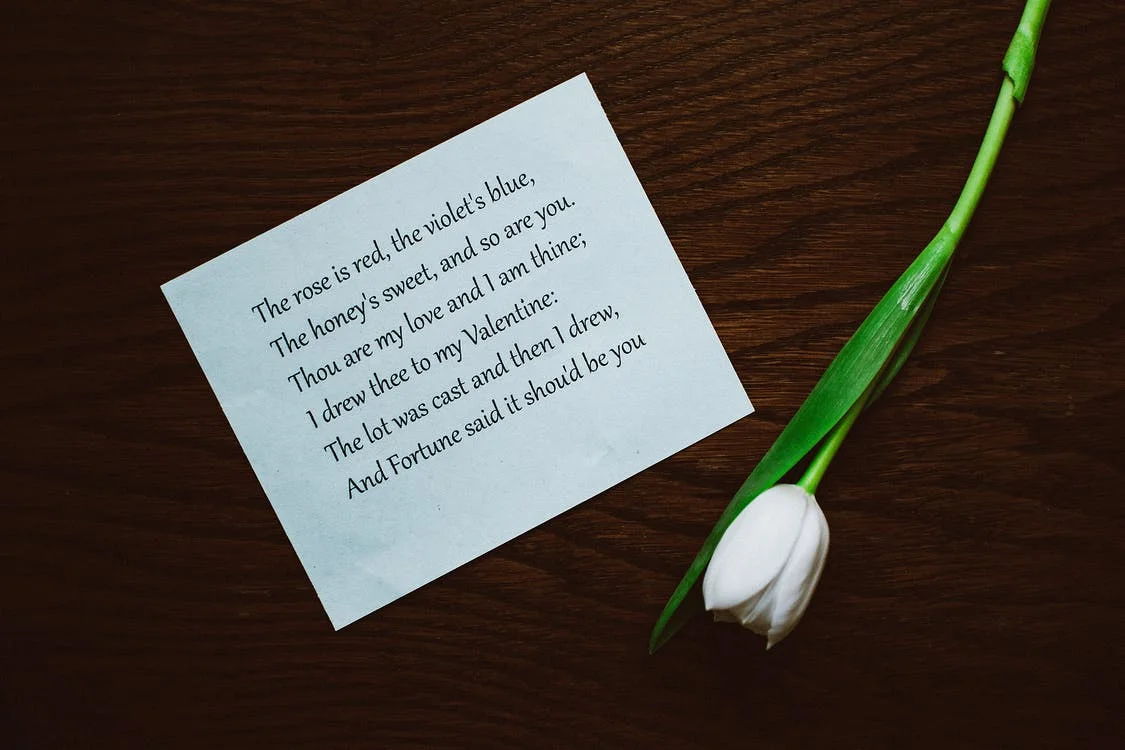
Here's how to analyze an IGCSE unseen poem like a pro
The IGCSE Unseen Poem in the IGCSE English Literature examination is a very important yet challenging question carrying a substantial amount of points. The question as mentioned is to analyze an unseen poem. The student has to attempt to analyze an unseen poem, one that they have not read before. Students must read, understand, and analyze the unseen poem using their knowledge of poetry and language techniques. Hence, identifying what the poem is about and the message it is trying to convey.
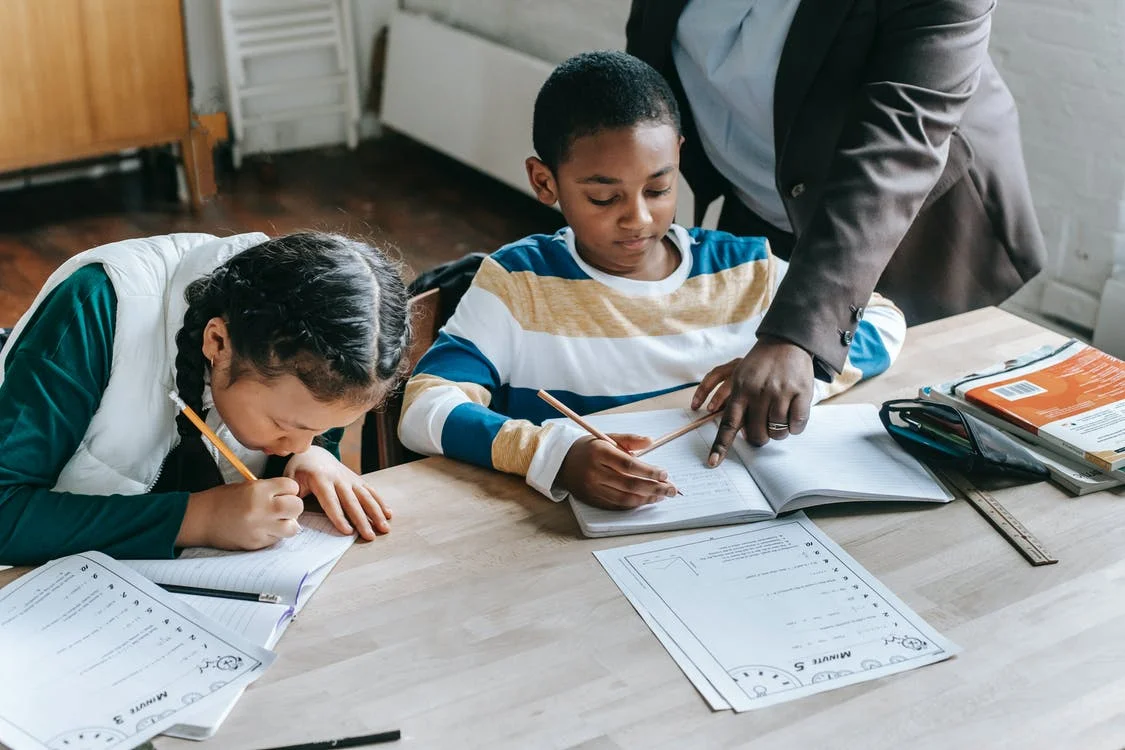
Why is the IGCSE Unseen Poem question interesting and challenging at the same time?
Time management and past paper practice for IGCSE English Literature is a vital revision milestone for every student.
As much as any literature student would love to read poetry, the IGCSE unseen poem is challenging because it is in fact ‘unseen’.
Students have not had the time to read and think about the poem beforehand.
As it is IGCSE English Literature as a subject includes a lot of writing about and analyzing different texts.
Moreover, in examination and time restraint conditions it becomes difficult to analyze and understand an unseen poem and write about it.
But with a few easy tricks and tips, students can attempt to understand and analyze the unseen poem confidently.
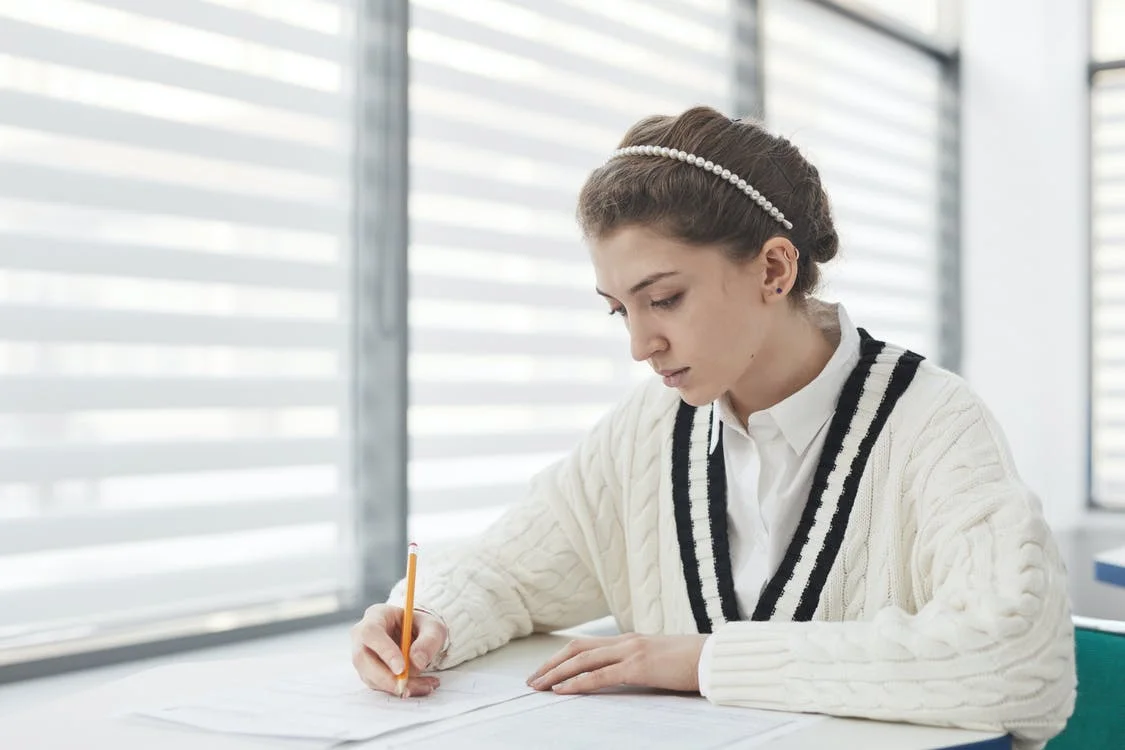
1. READ THE IGCSE UNSEEN POEM TWICE
Reading the poem twice is very important.
Firstly, reading it once will allow you to understand the simpler meaning and help you gauge what the poem is about at face value.
Secondly, reading it again will give you a chance to understand the deeper meaning of the poem.
When reading the poem for the first time do it out of enjoyment and do not stress.
While reading it a second time, focus on how the poem makes you feel, and what you can gather about how the poet is trying to reach out to you.
The second time you read the poem keep a pencil in your hand and look for things that stand out to you like:
1. The imagery the poet is painting with the words
2. The kind of rhythm the poem seems to have
3. Check for rhyming, similes, metaphors, comparisons, onamathapiea
4. Note how many stanzas are there and how the words are divided between each of them.
5. It will also be useful to note down any other references and examples that can prove the message or feeling the poet is trying to convey.
6. Any indication of the context or time period in which the poem was written. for example; is the poem based on events in times like war or migration.
7. Any major themes or emotions that the poet is trying to showcase, like; love, unrequited love, anger, betrayal, or even abandonment.
8. Read the title of the poem and see what you can understand about the context of the poem.
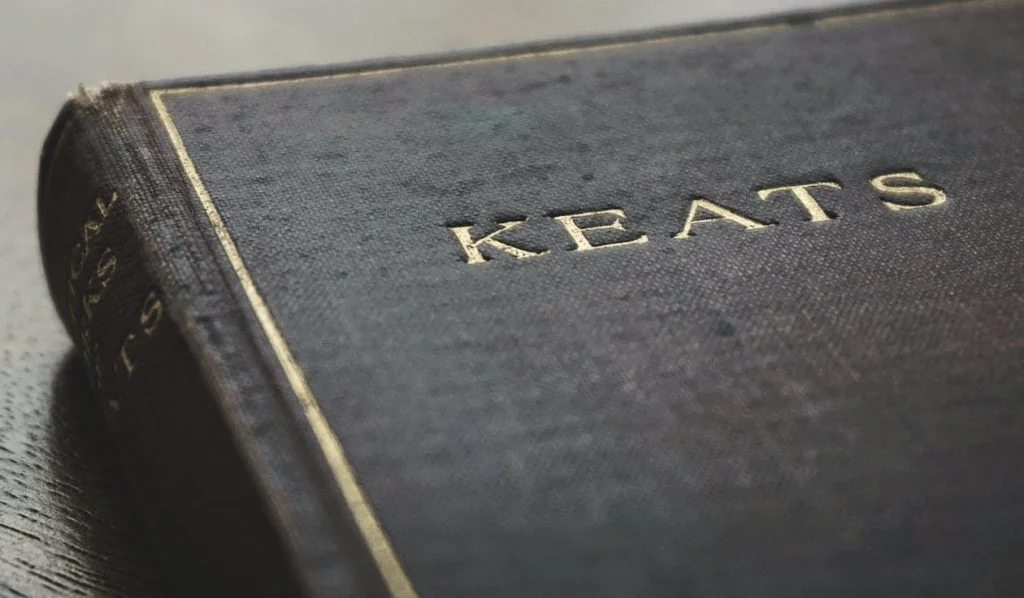
2. FOCUS ON THE FORM AND STRUCTURE OF THE IGCSE UNSEEN POEM
Form and structure are essentially how the poem is organized and presented.
While you read the poem pay attention to the way the poem is written.
Some of the questions that you can ask yourself are:
1. Is there a rhyme scheme in the poem
2. Does the poem have a set number of lines in each stanza
3. It would also be useful to note if the poem conforms to popular poetic structures like the sonnet or a haiku.
Most of the time the structure and form of the poem are portrayed through the tone and flow of the poem.
Does the last line of one stanza continue to the first line of the next stanza?
If so, then that is an example of Enjambment
The choice of language used is also a part of noticing the form of the poem.
Does the poet use very flowery poetic language or a more colloquial tone?
Furthermore, also note if the poet uses a wide range of adjectives, verbs, and adverbs.
This will help you decide if the language is rich and detailed as opposed to brief, precise, and on point.
All these aspects help you understand the concept of the poem and allow you to piece the message and feeling the poet wishes to convey together.
Moreover, focus on the Punctuation used by the poet as well.
Punctuation together with the type of language used also helps the student understand the tone of the poem.
This is because it helps the reader makes sense of the poem and its message.
It helps to organize and bring out the right meaning of the words used.
3. UNDERSTAND THE POETIC DEVICES USED
Use a highlighter or pencil to circle and underline all the areas where you notice the use of poetic devices.
There are several poetic devices like:
Imagery - Is the use of words to create a picture or image.
Onomatopoeia - Formation of words from sounds that
Irony - Using words to create an expression that means the direct opposite of what is being said.
Repetition - Using the same words again and again to create a dramatic effect
Pathetic Fallacy - Using the environment and nature to show the mood or feelings of the poet
Personification - Assigning human feelings to inanimate objects.
Hyperbole - Exaggerating words or statements to create a dramatic effect but are not true.
All these techniques should be embedded in the poem itself, it is just a matter of noting them and annotating them while you read the poem.
Using poetic devices try to understand the ideas that the poet is trying to portray.
You can round off by connecting the ideas to the theme or main idea of the poem.
It is not just enough to write about poetic devices.
But rather you have to show how the poetic devices prove that the poem is about a certain subject or certain theme.
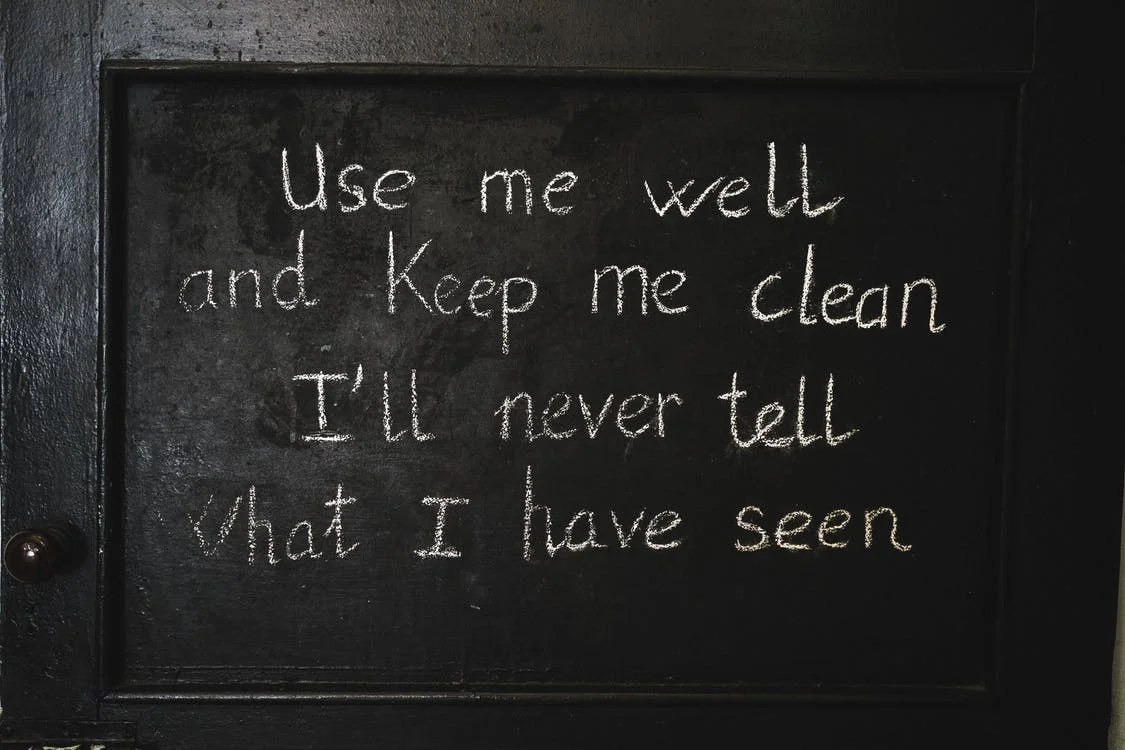
4. TRY TO UNDERSTAND THE FEELING AND MESSAGE THE POEM IS TRYING TO BRING OUT
While reading the poem try to mentally understand what the poet is saying.
As soon as you start reading the poem a simple picture or idea will form in your mind.
Follow that feeling and use poetic devices to try and piece together the details to understand the bigger picture regarding what the poet is trying to say.
It is beneficial to remember that there is no right or wrong answer to poetry.
This is why poetry is such an interesting form of expression.
It is subjective.
Everybody will have different interpretations of an unseen poem.
Students must be able to understand, explain, and show the examiner their ideas by proving their claims using poetic devices and their connection to what the poet is trying to say.
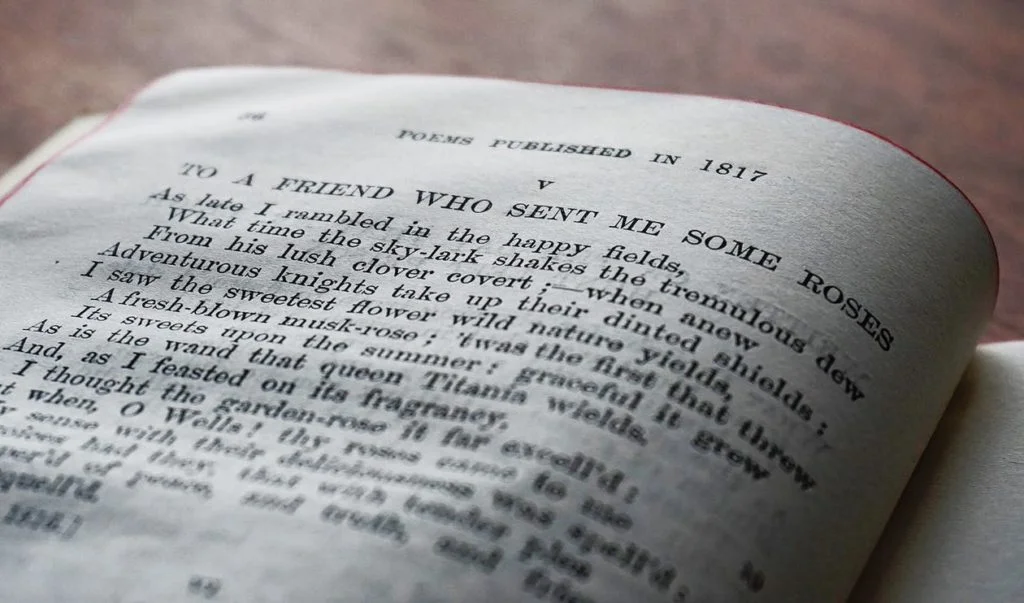
5. ANNOTATE AROUND THE IGCSE UNSEEN POEM
Keep a pencil in your hand constantly while you are reading the poem.
Every time you read the unseen poem you will notice some new detail.
Hence, it becomes easy to mark those details if there is a pencil in your hand at all times.
Annotate around the poem, put arrows, and asterisks, to draw attention to words that bring out imagery or certain poetic devices or even a sense of the theme of the poem.
It doesn’t have to be in proper English, even if it is in short form the purpose of the annotation is to remind you of the details you see in the poem.
Written by
Tutopiya Team
Educational Expert
Related Articles

Which Is the Toughest Subject in IGCSE and How Can You Overcome It?
Tackle tough IGCSE subjects! Discover the hardest IGCSEs and get expert tips for success in Maths, Physics & more, essential for IB & A-levels.

Is 6 Months Enough to Prepare for IGCSE Exams?
Comprehensive guide and expert insights on educational topics for IGCSE, IB, and international curriculum students.

A-Level and IB Students: 6 Steps to Nail Your University Application
A-level & IB students: Nail your university application! Get expert tips on building a winning application for top international unis.

